Search results for null
Books
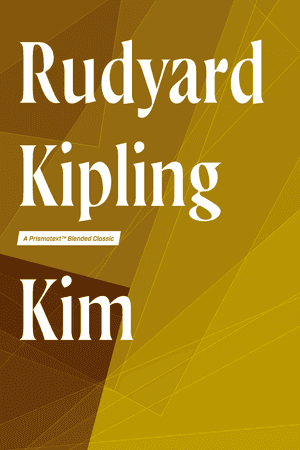
Kim
Rudyard Kipling
Kimball "Kim" O'hara, orphaned son of a poor Irish soldier and his wife, spends his days in Lahore scraping a living together by running errands for local merchants. One of his clients, a horse trader by the name of Mahbub Ali, is secretly a member of the British intelligence.
Despite his white skin, Kim's ability to blend into the local environment is seen as an asset by Ali, who enlists the boy as a spy for the crown. At the same time, Kim's interest in helping a Tibetan lama fulfill a quest broadens the youth's horizons, and acts as the perfect cover for Kim to complete his missions.
Though perhaps better known for other works, Kim is considered Kipling's masterpiece, and is referred to as "the apotheosis of the Victorian cult of childhood."

Oliver Twist, or the Parish Boy’s Progress
Charles Dickens
From Wikipedia:
Oliver Twist; or, The Parish Boy's Progress, is the second novel by English author Charles Dickens. It was originally published as a serial from 1837 to 1839, and as a three-volume book in 1838. The story follows the titular orphan, who, after being raised in a workhouse, escapes to London, where he meets a gang of juvenile pickpockets led by the elderly criminal Fagin, discovers the secrets of his parentage, and reconnects with his remaining family.
Oliver Twist unromantically portrays the sordid lives of criminals, and exposes the cruel treatment of the many orphans in London in the mid-19th century. The alternative title, The Parish Boy's Progress, alludes to Bunyan's The Pilgrim's Progress, as well as the 18th-century caricature series by painter William Hogarth, A Rake's Progress and A Harlot's Progress.
In an early example of the social novel, Dickens satirises child labour, domestic violence, the recruitment of children as criminals, and the presence of street children. The novel may have been inspired by the story of Robert Blincoe, an orphan whose account of working as a child labourer in a cotton mill was widely read in the 1830s. It is likely that Dickens's own experiences as a youth contributed as well, considering he spent two years of his life in the workhouse at the age of 12 and subsequently, missed out on some of his education.
Oliver Twist has been the subject of numerous adaptations, including a 1948 film of the same title, starring Alec Guinness as Fagin; a highly successful musical, Oliver! (itself adapted into a multiple Academy Award-winning 1968 motion picture), and Disney's 1988 animated feature film Oliver & Company.
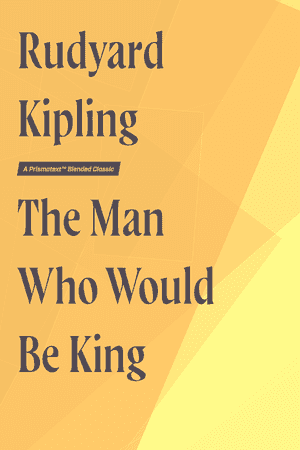
The Man Who Would Be King
Rudyard Kipling
From Wikipedia:
The Man Who Would Be King" (1888) is a story by Rudyard Kipling about two British adventurers in British India who become kings of Kafiristan, a remote part of Afghanistan. The story was first published in The Phantom 'Rickshaw and Other Tales (1888); it also appeared in Wee Willie Winkie and Other Child Stories (1895) and numerous later editions of that collection. It has been adapted for other media a number of times.
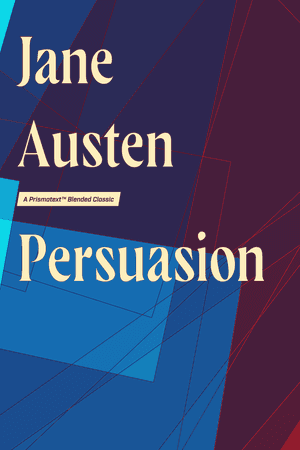
Persuasion
Jane Austen
From Wikipedia:
Persuasion is the last novel completed by the English author Jane Austen. It was published on December 20, 1817, along with Northanger Abbey, six months after her death, although the title page is dated 1818.
The story concerns Anne Elliot, an Englishwoman of 27 years, whose family moves to lower their expenses and reduce their debt by renting their home to an admiral and his wife. The wife's brother, Captain Frederick Wentworth, was engaged to Anne in 1806, but the engagement was broken when Anne was persuaded by her friends and family to end their relationship. Anne and Captain Wentworth, both single and unattached, meet again after a separation lasting almost eight years, setting the scene for many humorous encounters as well as a second, well-considered chance at love and marriage for Anne.
The novel was well received in the early 19th century, but its greater fame came later in the century and continued into the 20th and 21st centuries. Much scholarly debate on Austen's work has since been published. Anne Elliot is noteworthy among Austen's heroines for her relative maturity. As Persuasion was Austen's last completed work, it is accepted as her most maturely written novel, showing a refinement of literary conception indicative of a woman approaching 40 years of age. Her use of free indirect speech in narrative was in full evidence by 1816.
Persuasion has been the subject of several adaptations, including four made-for-television adaptations, theatre productions, radio broadcasts, and other literary works.

Northanger Abbey
Jane Austen
From Wikipedia:
Northanger Abbey (/ˈnɔːrθæŋər/) is a coming-of-age novel and a satire of Gothic novels written by the English author Jane Austen. Northanger Abbey was completed in 1803, the first of Austen's novels completed in full, but was published posthumously in 1817 with Persuasion, although the title page is dated 1818.[2] The story concerns Catherine Morland, the naïve young protagonist, and her journey to a better understanding of herself and of the world around her. How Catherine views the world has been distorted by her fondness for Gothic novels and an active imagination.
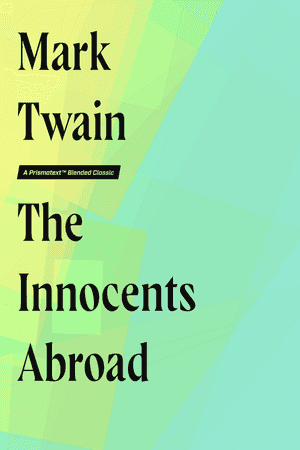
The Innocents Abroad
Mark Twain
Contemporary audiences may call to mind The Adventures of Tom Sawyer or Adventures of Huckleberry Finn when they think of Mark Twain, but it was Innocents Abroad that both predated and outsold both of them, and also inspired Twain to publish Roughing It, a travelogue from a previous trip he had taken across America.
The Innocents Abroad details a five-month voyage aboard a retired Civil War ship and its expedition of Europe and the Holy Land. Twain, though self-deprecating in things pertinent to himself, explores the theme of conflict between history and the emerging modern world. He identifies—and lampoons—things that may be all too familiar to travelers today: the outright profiteering of historical and cultural artifacts, or the over-infusion of meaning or story in areas where there isn't any.
One might argue that it was Twain's own observations of these themes—and how they are repeated by institutions—that laid the groundwork for his famed aforementioned miscreants.

The Missing Will
Agatha Christie
Hercule Poirot returns in this short story from Agatha Christie, in which a woman named Violet must abide by the terms her uncle has set for her in his will. In order to claim her inheritance, she must spend a month at hi estate and "prove her wits." But as her stay lengthens, a mystery emerges: is this all there is, or did Violet's uncle leave behind something else?
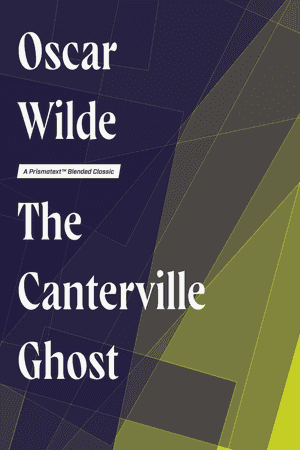
The Canterville Ghost
Oscar Wilde
Oscar Wilde is one of Ireland's most celebrated authors, and The Canterville Ghost offers a quirky glimpse into his genius.
Playing with tropes familiar to the emergent horror genre, Wilde sets a stage familiar to most of us in the modern era: a family moves into a new house, but they are warned of its haunting by a dead English nobleman fro centuries past. But instead of telling us a Victorian-flavored version of The Amityville Horror, Wilde instea has his protagonists harass and humiliate the resident ghost.
This brilliant short story is vintage Wilde, as it is punctuated by humor and profundity in equal measure.
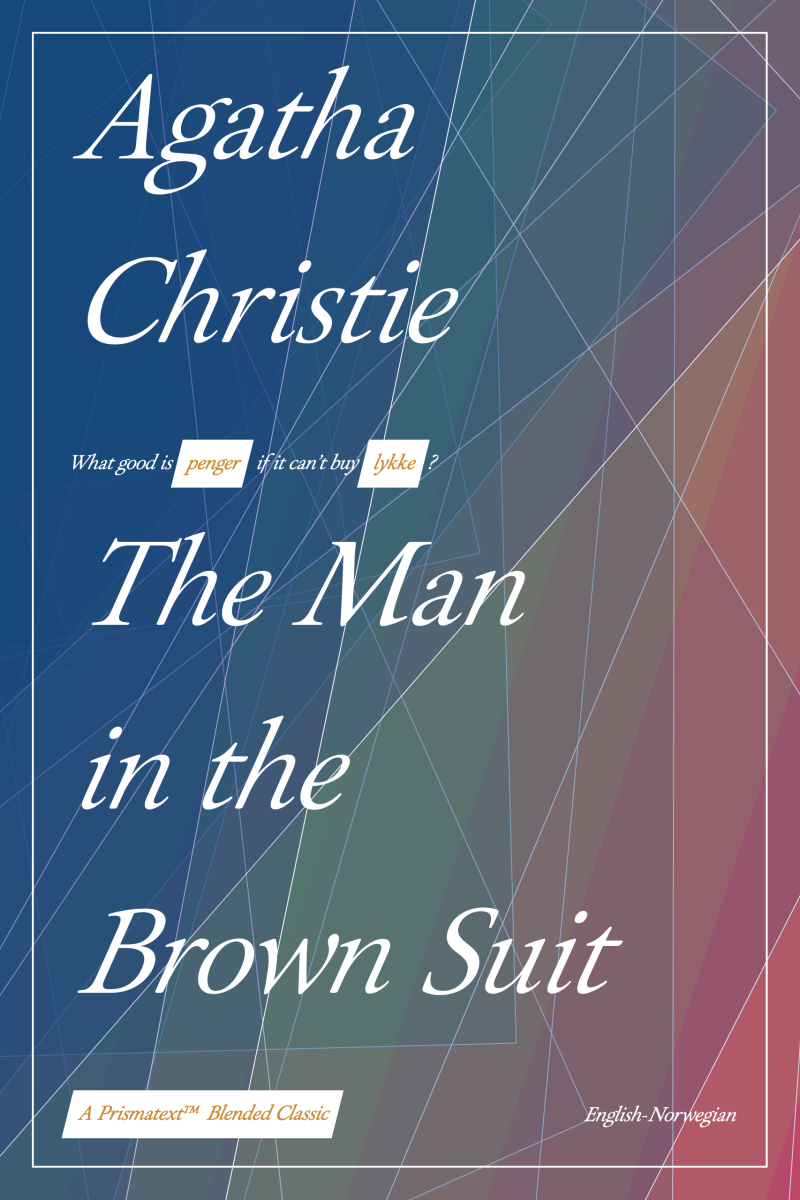
The Man in the Brown Suit
Agatha Christie
From Wikipedia:
The Man in the Brown Suit is a work of detective fiction by British writer Agatha Christie, first published in the UK by The Bodley Head on 22 August 1924 and in the US by Dodd, Mead and Company later in the same year. The character Colonel Race is introduced in this novel.
Anne Beddingfeld is on her own and ready for adventures when one comes her way. She sees a man die in a tube station and picks up a piece of paper dropped nearby. The message on the paper leads her to South Africa as she fits more pieces of the puzzle together about the death she witnessed. There is a murder in England the next day, and the murderer attempts to kill her on the ship en route to Cape Town.
The setting for the early chapters is London. Later chapters are set in Cape Town, Bulawayo, and on a fictional island in the Zambezi. The plot involves an agent provocateur who wants to retire, and has eliminated his former agents.
Reviews were mixed at publication, as some hoped for another book featuring Hercule Poirot, while others liked the writing style and were sure that readers would want to read to the end to learn who is the murderer. A later review liked the start of the novel, and felt that the end did not keep pace with the quality of the start. The reviewer did not like it when the story became like a thriller novel.

Let's Get Together
Isaac Asimov
Asimov presents a world to his audience in which the Cold War never ended, and the tensions are expressed through an explicit "Us" versus "Them" mentality. This short episode about espionage and subterfuge describes "Us" scrambling to disrupt "Their" efforts and capabilities, chief among them an ability to produce robots so lifelike that they are difficult to tell apart from humans
Let's Get Together is one of the seminal works of science fiction to bring contemporary geopolitical tensions to the forefront, and lays the groundwork for subsequent works of similar topics, like Battlestar Galactica.

Youth
Isaac Asimov
Two youngsters stumble upon a pair of strange animals, but are concerned about telling their parents. Instead, they decide to train them—in secret—for a circus act. Meanwhile, both of their fathers are trying to determine what became of the alien trade delegation. Has it crash-landed somewhere on their planet, or did they never arrive in the first place?
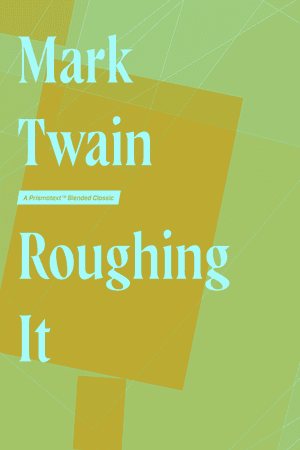
Roughing It
Mark Twain
From Wikipedia:
Roughing It is a book of semi-autobiographical travel literature by Mark Twain. It was written in 1870–71 and published in 1872,[2][3] as a prequel to his first travel book The Innocents Abroad (1869). Roughing It is dedicated to Twain's mining companion Calvin H. Higbie, later a civil engineer who died in 1914.[4]
The book follows the travels of young Mark Twain through the American West during the years 1861–1867. After a brief stint as a Confederate cavalry militiaman (not included in the account), he joined his brother Orion Clemens, who had been appointed Secretary of the Nevada Territory, on a stagecoach journey west. Twain consulted his brother's diary to refresh his memory and borrowed heavily from his active imagination for many stories in the book.
Roughing It illustrates many of Twain's early adventures, including a visit to Salt Lake City, gold and silver prospecting, real-estate speculation, a journey to the Kingdom of Hawaii, and his beginnings as a writer. This memoir provides examples of Twain's rough-hewn humor, which would become a staple of his writing in such later books as Adventures of Huckleberry Finn (1884), The Adventures of Tom Sawyer (1876), and A Connecticut Yankee in King Arthur's Court (1889).